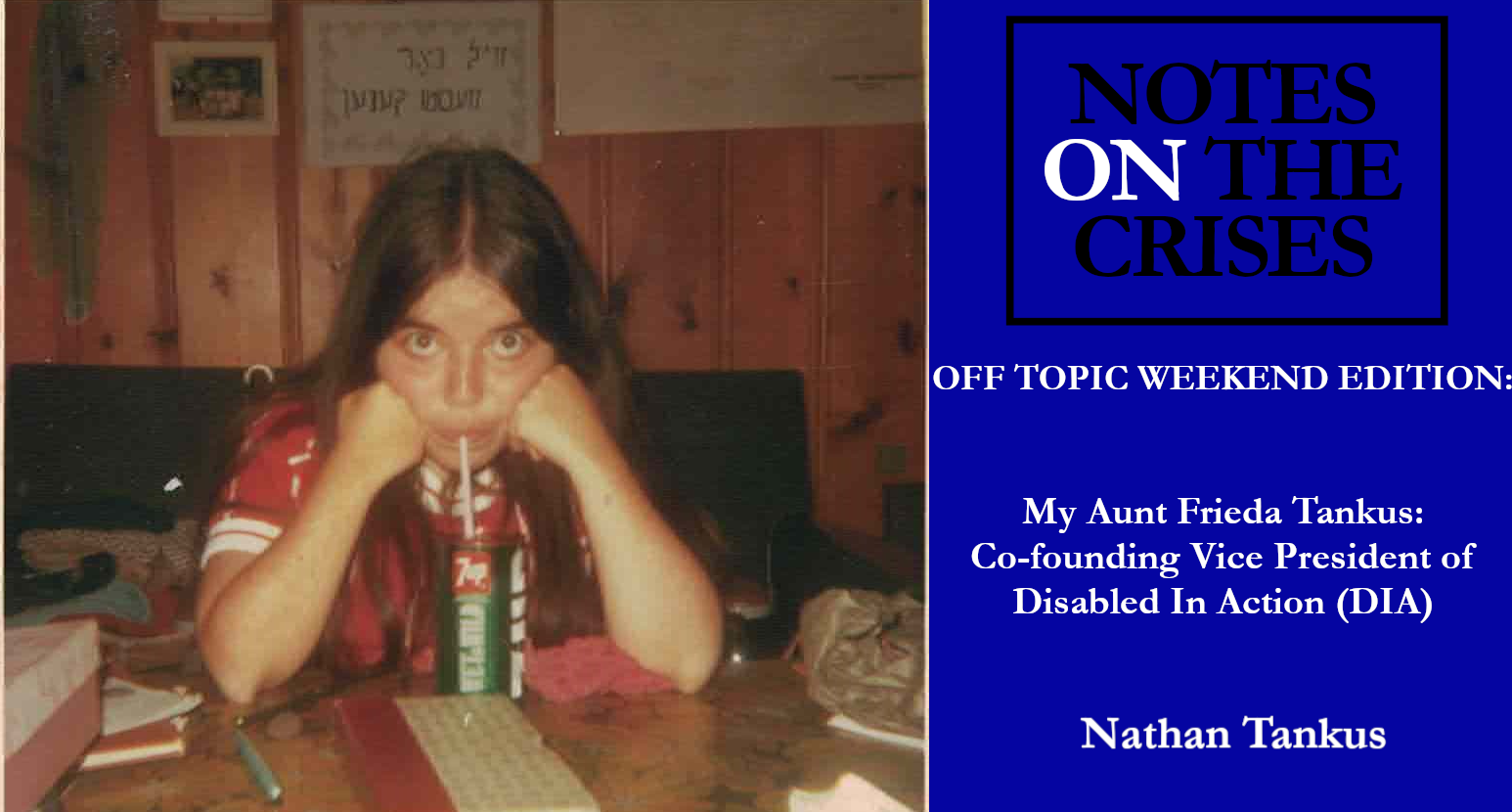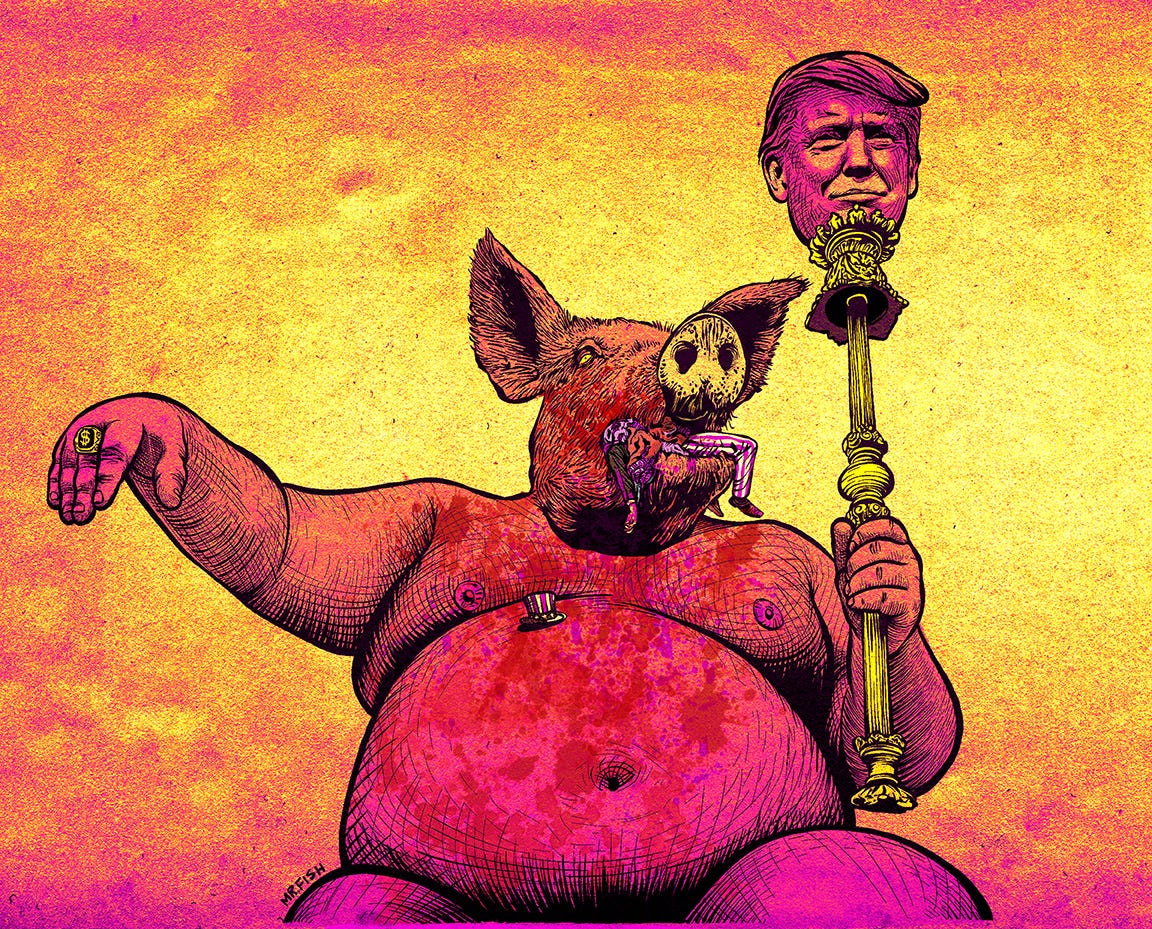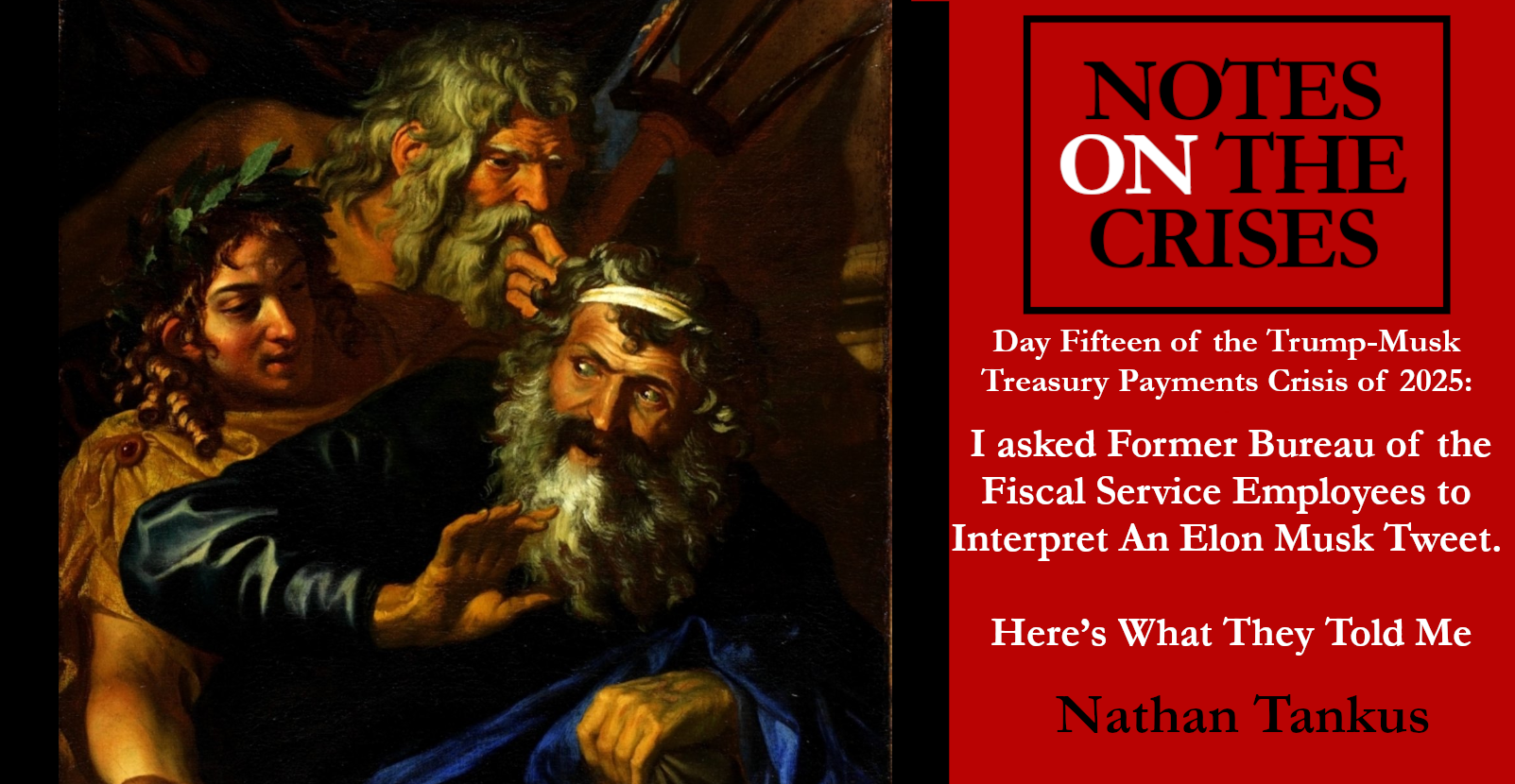Theatre is gay.
Don’t get me wrong—I love theatre. I’ve acted in college and community productions, worked backstage, directed high school plays, and attended a few dozen shows at various D.C. venues.
But it’s very gay.
It’s also—like much of the arts—resolutely Left. Playbills invariably frame the shows’ plots in progressive political terms, directors gleefully queer and gender-bend characters, and every theatre in town continued enforcing mask mandates long after they became a joke everywhere else.
So imagine my shock when D.C.’s Kennedy Center for the Performing Arts, previously wreathed year-round in rainbow light, began instead to throw pure white illumination onto the dark waters of the Potomac. Theatre will remain at least somewhat gay, but get more based (a week ago, Trump announced Ric Grenell as the Kennedy Center’s interim executive director).
That wasn’t the end, though. Just hours later, President Donald Trump posted to Truth Social that the Kennedy Center’s days of hosting drag shows were over. “I have decided to immediately terminate multiple individuals from the Board of Trustees, including the Chairman, who do not share our Vision for a Golden Age in Arts and Culture,” he wrote.




